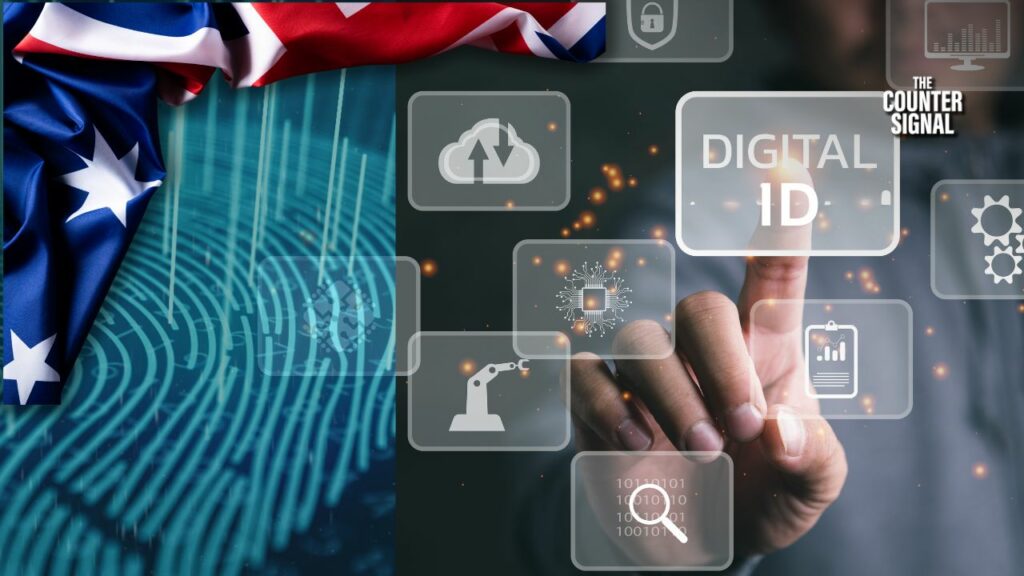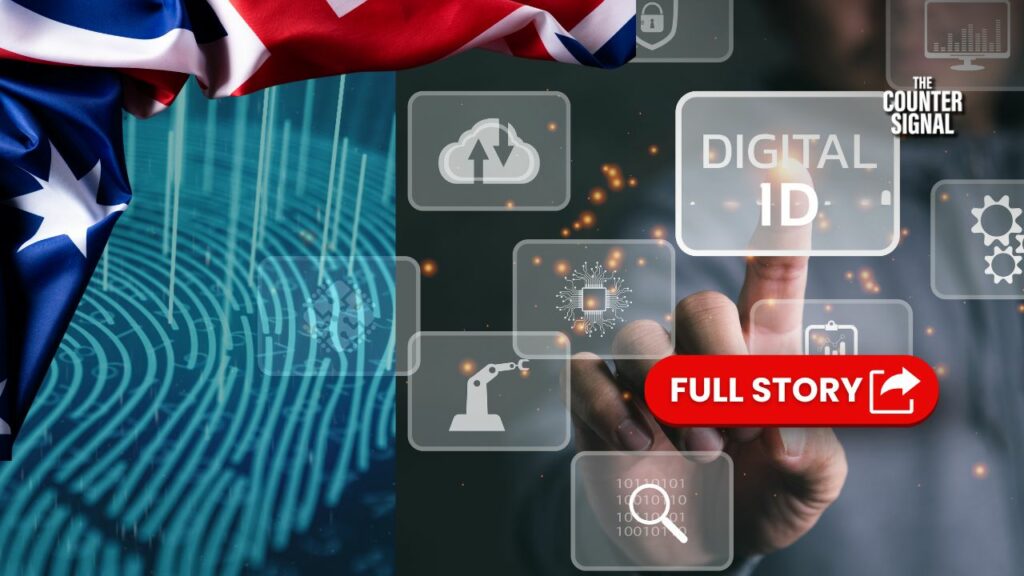Legislation legalizing the establishment of a full digital ID system in Australia has officially been passed in both Parliament and the Senate.

“The Digital ID Bill 2024 and Digital ID (Transitional and Consequential Provisions) Bill 2024 passed in the Senate in March and has now passed the House of Representatives,” reads yesterday’s news release.
“This is a huge milestone for the program and has been in the works for many years.”
According to the news release, the Australian government can now move full-steam ahead with establishing an “economy-wide” digital ID system, adding that it strengthens the “voluntary” accreditation scheme for digital ID providers who want to comply with the new system.
The government of Australia is also branding its digital ID as a more secure way of storing documents (one of the key points used to argue for its necessity), despite similar vaccine passport systems—which digital IDs are modelled after—having been hacked around the world.
The digital ID system is expected to receive royal assent in the coming weeks and officially become law in November of this year. The news release concludes by stating that “After no more than 2 years, accredited private businesses will be able to apply to join the Australian Government Digital ID System.
The system is being called voluntary… for now
While the system is currently being called voluntary, various members of the Australian government have stated that businesses, which are being encouraged to sign up for the government’s digital ID system, will be able to mandate its use to access their services, whether it be grocery shopping or banking—ensuring that the digital ID is voluntary only in name.
In fact, just two days ago, while trying to convince fence-sitting MPs that the digital ID would be entirely voluntary, Assistant Treasurer and Minister of Financial Services Stephen Jones admitted as much.
“If you vote no and this bill goes down, you will be denying yourself and those that you represent an actual choice about whether a business can require that you use some form of digital ID or some other form of digital ID,” Jones said.
“So, it creates the choice and creates the mechanism through which a voluntary use of a digitalized ID system can be mandated.”
Assistant Treasurer Stephen Jones made a Freudian slip yesterday.
— Senator Gerard Rennick (@SenatorRennick) May 16, 2024
While spending 10 mins trying to convince Coalition MPs that the Digital Identity system will be voluntary, at the end of his speech he blurts out that once law it will be "mandated" later.#auspol pic.twitter.com/3ti09A3YQ0
In other words, it’s only being made voluntary for now so that it can be mandated by law later, as it likely wouldn’t have passed if it was made mandatory to begin with.
Moreover, it appears that major financial institutions, specifically Australian banks, are all for it and have been long anticipating the rolling out of a digital ID system in Australia.
Australia’s Central Bank Digital Currency is not far behind
While a digital ID doesn’t seem too bad, one of the greatest concerns of critics is that the digital ID will be tied to a social credit score, as is the case in China, which will then be tied to a central bank digital currency.
Such a system, when implemented, would then allow the government to shut off access to funds or decide whether you can even open a bank account based on your compliance with the government’s policies—whether based on compliance with a social agenda like mass immigration or climate agenda based on individuals’ carbon footprints.
In concert with the establishment of a digital ID system, the Reserve Bank of Australia began undertaking serious projects for the establishment of a nationwide central bank digital currency in 2020 while the government was busy field testing its capacity to enforce lockdowns via vaccine passports, going so far as banning people from working and creating COVID camps for the unvaccinated.
Many now worry that something similar may soon return to Australia in the form of climate lockdowns and individual carbon footprint trackers, with an all-encompassing social credit score not far behind.










